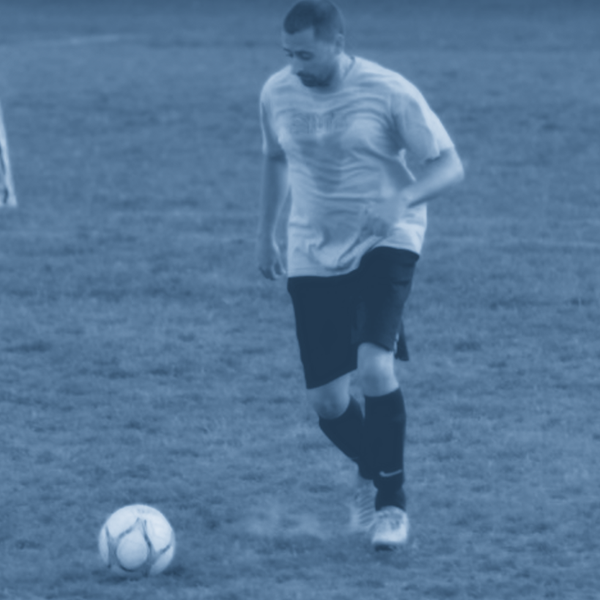
Give a man a fish and he will eat for one day. Give him the resources to fish, and he won’t go hungry.
This variation of the old proverb is what the Grade 8 students at Wellesley Public School are taking to heart as they learn about the harsh economic realities of world trade and inequality.
Throughout the year, in their geography class the students learned about how wealthy nations exploit their poorer counterparts and how the former play a major role in the perpetuation of poverty.
As they delved further into the issues, they became more and more interested in the disproportionate relationship between the developed and developing countries of the world. As part of a project, the students created several visual public service announcement commercials drawing attention to global economic imbalance and advocating for fair trade.
Soon, the students became so passionate about the issues that they wanted to spread the word beyond their school walls.
After some brainstorming, the students held a public viewing of their video clips and the documentary Flow: For the Love of Water, at Crosshill Mennonite Church on Wednesday. So moved were the students with Flow – a recent documentary that investigates the growing privatization of the world’s fresh water supply and the high human and environmental costs of this phenomenon – that they wanted to share it with a wider audience.
“They’ve been trying to raise awareness to be aware of where your clothes are coming from, or be aware when you buy that cup of coffee – so, they’re just really trying to focus on what we can do here in our everyday life to make a difference to somebody far away,” said Grade 7 and 8 teacher Rhonda Hergott.
Before preparing their public service announcements – addressing issues such as conflict diamonds, sweatshops and child labour – the students made good use of the Internet, studying anti-poverty and human rights groups like Make Poverty History and Faces of Poverty and Homelessness.
For some students, the stark reality of poverty snapped into focus when some footage showed adults walking apathetically by some street kids in a developing nation.
“One of the students actually came up with the connection of, ‘well, that’s no different than when the commercials come on the television and we change the channel,’” Hergott recounted.
“The way that they started connecting to it from their own lives was pretty remarkable.”
After creating the videos, which include music, sound bites, footage of their peers and which last between 45 and 90 seconds, the students discussed how to expose the greatest number of people to their messages.
They debated between focusing their energy on raising money and spreading awareness. The end result, however, was a combination of the two: though the students leaned in favour of spreading awareness, they also decided to include some fair trade products that were offered up for sale at this week’s event. The students insisted that if people truly want to abolish poverty, residents of developed countries need to change their purchasing habits.
“Instead of just giving charity, just giving money to countries, we have to let the country be self sustaining,” said Hergott.
Buying fair trade products is a good start.
The Grade 8 students of Wellesley PS are, in themselves, a good example that positive change is possible.
“I can honestly say they weren’t [more worldly] when we started talking about it. In fact, there was a huge learning curve that they went through and it was pretty remarkable to see their ‘ah-ha’ moments, to see they contributed to this kind of thing; first of all, to know that this kind of thing [exists],” said Hergott.
Grade 8 student Taylor Blackwell underscored the importance of education in this respect. For Blackwell, knowledge is the key.
“I think that if other kids knew that it was this bad, that global warming and global issues are this bad, they would actually care too. I just don’t think they know,” she explained.
Conscious that they won’t change the world in short order, the students nevertheless believe they are on the right track.
“We know we’re not going to make the world a better place overnight, but I think if we target small areas one at a time we can make more people aware of the problem,” said Blackwell.
“If you start now the future could be better for [other] people – you have to start somewhere,” added classmate Deanne Shivdyal.







